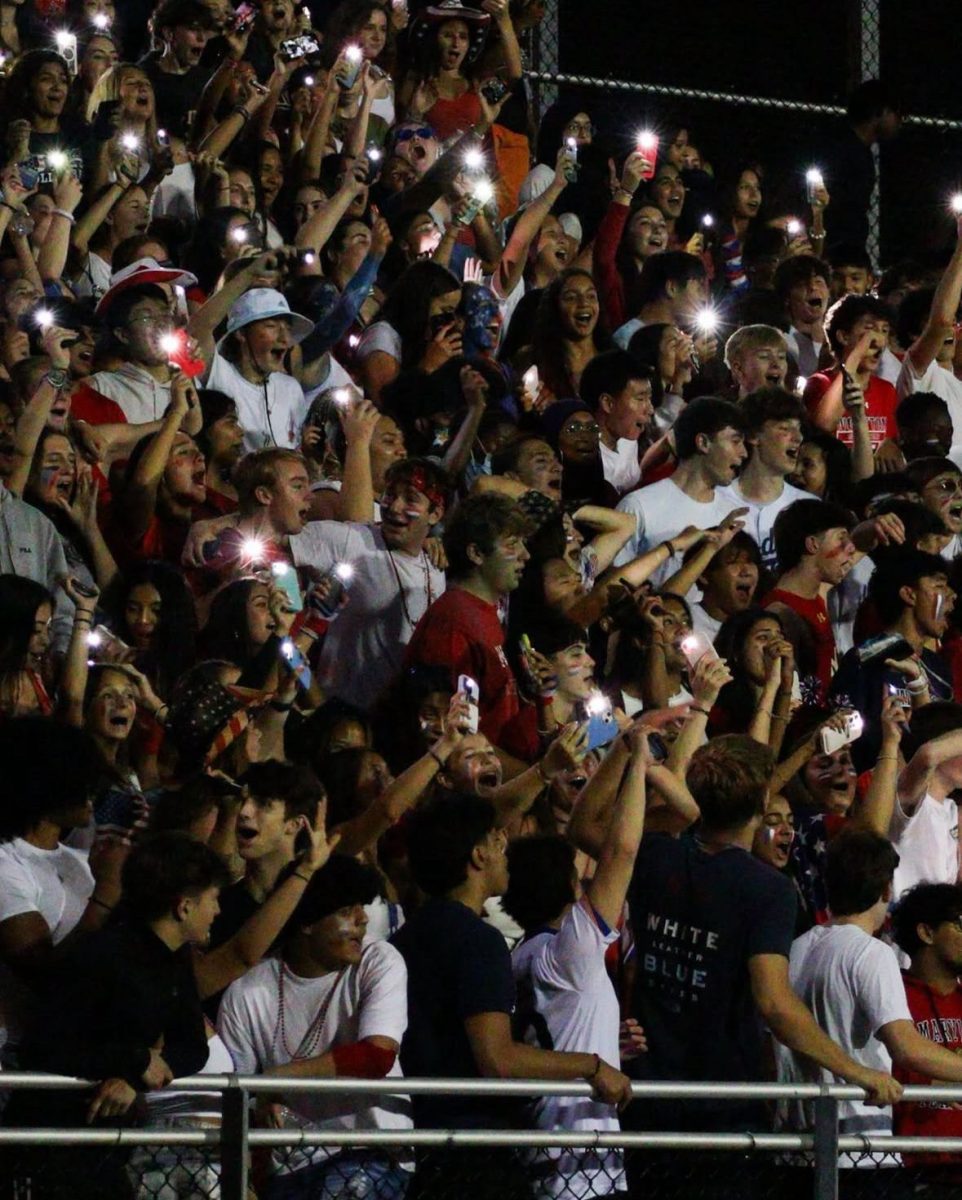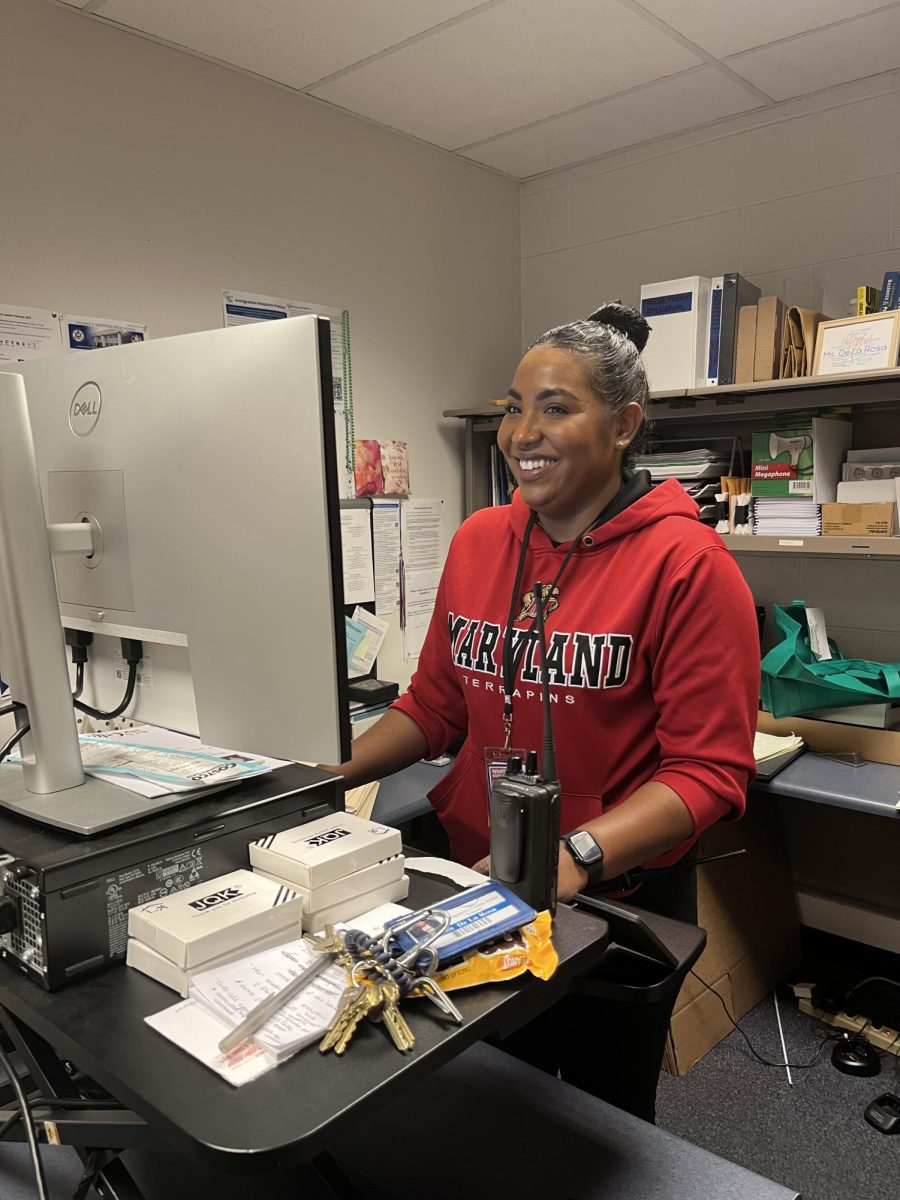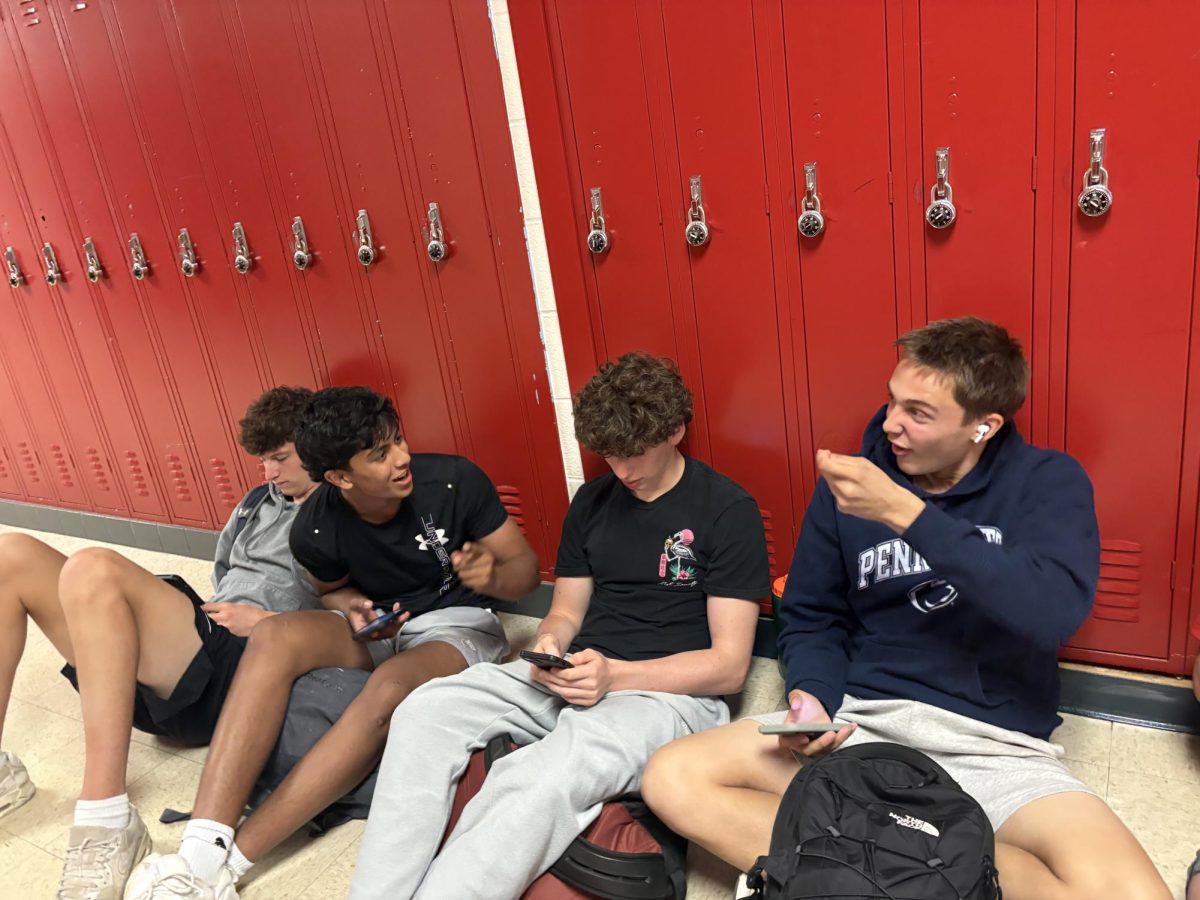Common Sense Responds: Posting a black square isn’t enough
June 7, 2020
Last week, I was aimlessly swiping through Instagram when I was warned by the app of content I’d rather avoid. I was halted by troublesome words – “Sensitive content. This photo may contain graphic or violent content.” Unsure, I quickly shut my phone, tossed it a few inches away, and left my house in need of a distraction.
A few hours later, I saw another post flagged by the Instagram community as sensitive content, in the comments I saw words like “police brutality” and “murder.” Using the spark of curiosity that burned within me as strength, with trembling fingers I clicked past the warning and watched the video. The video of a Black man, George Floyd, fighting, begging for his life underneath the knee of a white police officer who gave him a lousy, uncaring look. At first, I didn’t know what to think. Then, as I processed the stark reality of the deep inequalities that continue to exist in 21st Century America, I was filled with outrage and urgency that fueled my next steps: posting about the murder of George Floyd, describing the necessity and importance of the Black Lives Matter movement and tagging grassroots organizations that were sharing potential action steps. I was filled with satisfaction that I had done something, but I knew that the fulfillment I felt was a lie that was sitting inside a box in my brain with a bogus bow on top.
In the back of my mind, I was disappointed. Upset at the fact that news consumers today are stuck in a never-ending cycle. First, we feel fright and despair that makes us question if the ever-present reality is the shocking truth. Then, determination and a desire to do something to fix the issue. Finally, boiling anger threatens to spill over at the thought of any more injustice occurring. I knew the cycle would come to an end as the world moved on, and after my fury dissipated I too would look for the next post that would call for justice. It’s devastating, really, that people only seem to wake-up when they see one instance of cruelty among the evidence of it happening daily in the lives of Black Americans. Unfortunately, there are many more victims like George Floyd, there are Breonna Taylor’s and Ahmaud Arbery’s, and the truth is that a 2,200-character Instagram post, 40-character Facebook post, 60-second TikTok video or 280 character tweet about how activists support the Black Lives Matter movement won’t bring them back. People being vocal for a limited amount of time about police brutality in America and the obvious inequality that is harming the black community will help but isn’t enough to fight racism. Junior Nastaran Moghimi thinks people experience burnout and lack of motivation after actively posting on social media and often leave the movement they support for good. “Posting on social media is a great way to inform others about ongoing issues, but I also feel like a lot of times people stop trying to talk about the issues as soon as media coverage goes away,” Moghimi said.
People horrified at Floyds’ public execution around the world suddenly began to show sympathy to the Black community-abruptly donating large sums of money to charitable Black organizations, watching Netflix series to educate themselves on Black oppression and posting the words of Martin Luther King Jr. with hashtags like #blacklivesmatter and #blackouttuesday under their posts. While all of this is much needed, being a true ally is more important, and the only way to help fight racism. According to The Guardian writer Nesrine Malik, “the ‘white ally’ support is uncomfortable. It kicks in only when black people conform to an image and live up to a single moment. It raises them at this point, but the rest of the time black voices are not fashionable, their grievances not dramatic or simple enough, or caught on camera.”
Being a true ally starts at home, where you have questions about the killings of Floyd, Taylor, Arbery and people like them who’ve encountered situations of police brutality because of the color of their skin. In your house, away from the protests, you find yourself perhaps creating an excuse for the police, remembering how you’ve never had a problem with them. You find yourself clicking on the popular Google search that comes up as you type in George Floyd’s name: “George Floyd criminal past” and use the information you find to justify the police man’s actions who brutally ended his life. You need to take time to address your questions and uncertainties about the Black Lives Matter movement to be a true ally.
At home, engage in difficult discussions about race and racial inequality with your family, with yourself-because I promise you, even if you might ignore it, it blatantly exists. If someone you love makes racist remarks pay attention, ask them why they think the way they do, and challenge their opinions. Stop prioritizing your guilt over Black lives. You are not the center of the Black Lives Matter Movement, your own acknowledgment of your support will not help create change. Become aware of your privilege and what exactly that means. You can check your privilege on Buzzfeed’s “How Privileged Are You?” quiz. Let me warn you, this is going to be a long journey, and by posting on Instagram, donating to a charity, humbling yourself, and learning about the Black Lives Matter Movement, you’ve only just begun becoming a better ally. According to Medium writer Ryan Fan, “Racism isn’t a world where people are either racist or not racist, it’s a continuum where we constantly try to get better, where everyday decisions like where we decide to go to school, where we live, help perpetuate de facto segregation and racism.”
You are not required to learn, post or converse about racism, but it is only fair that you consider why you don’t want to. Why is saving human lives so difficult? Why is police brutality a political issue, why not a humanitarian one? Doesn’t police brutality harm the entire nation instead of solely the smug police force which has been able to kill black lives because of a broken system? Get over your political standpoint and imagine yourself as a police brutality victims’ family member. Michael Lorenzo Dean’s father, Eric Reason’s mother, Stephon Clark’s grandmother or George Floyd’s daughter. Just imagine, because we all know what death does to the ones who stay.
Don’t unfollow people who have different views as you, don’t block out their opinions and don’t be offended if they make fun of you for being vocal about the police brutality and injustice surrounding the black community. Instead, take the time to talk to them, understand their reasoning, and help them consider your arguments. Besides, sharing information about anything to a group of people who already know about it is like saving a document that you haven’t made any changes to, over and over again, pointless. In the same way, don’t be afraid of your friends who you think will not support your choice of being an ally to Black Americans, and don’t blame them for your previous lack of knowledge and understanding of the Black Lives Matter movement. We are influenced by the people we surround ourselves with, but at the end of the day, we make up our own minds. Your choices have impacted who you’ve become.
If you want to do more than just post a black screen on your social media account, one action you can take is to help end Qualified Immunity, which allows police officers to commit heinous crimes without worrying about liability by signing petitions from organizations like the NAACP Legal Defense and Educational Fund and calling your member of Congress continuously. If you can, research the local election dates and locations, and vote out corrupt officials who don’t hold police officers accountable. Yes, police officers commit the crime, but government authority conceals the residue that the criminals leave behind to prevent them from serving time. Junior Angel Sousani wonders if the people who are actively engaging in the Black Lives Movement today cared before the death of George Floyd. “I think that social media posts have the ability to be impactful but it depends on if people are willing to receive the messages and try to understand the importance of perspective,” Sousani said.
It takes a lot of patience, determination and passion to be a good ally. It takes a lot of strength that you have to find within yourself, and although publicizing your solidarity on social media with a black square is appreciated, the small actions you take in solitude are what matter most. According to guidetoallyship.com, “Anyone has the potential to be an ally. Allies recognize that though they are not a member of the oppressed group(s) they support, they make a concerted effort to better understand the struggle, every single day.”











